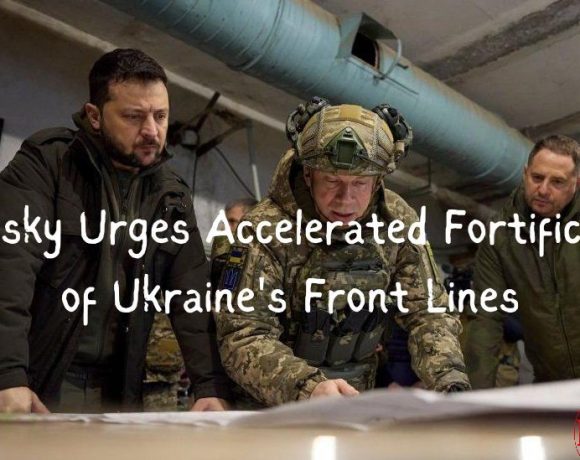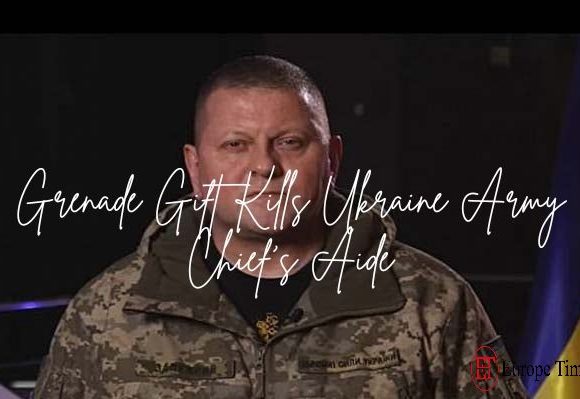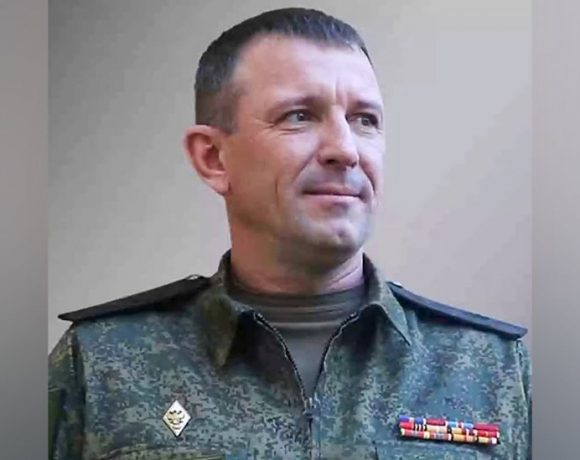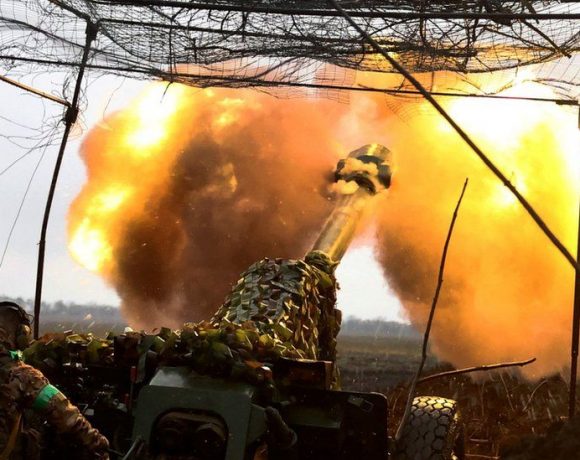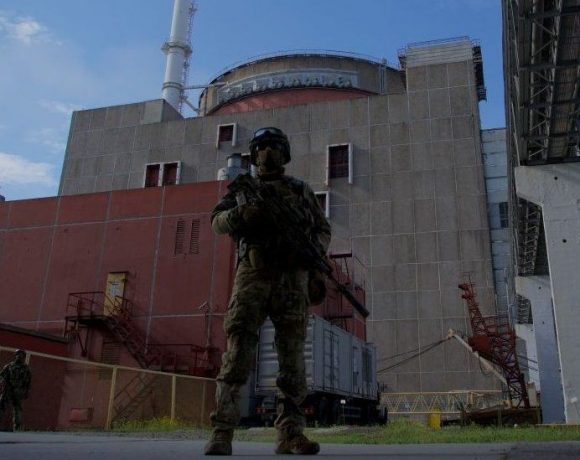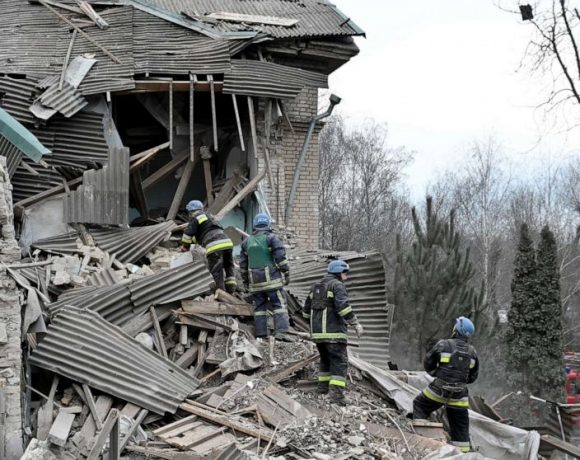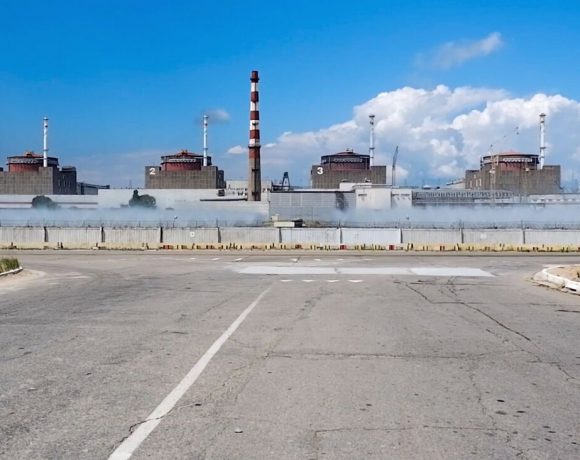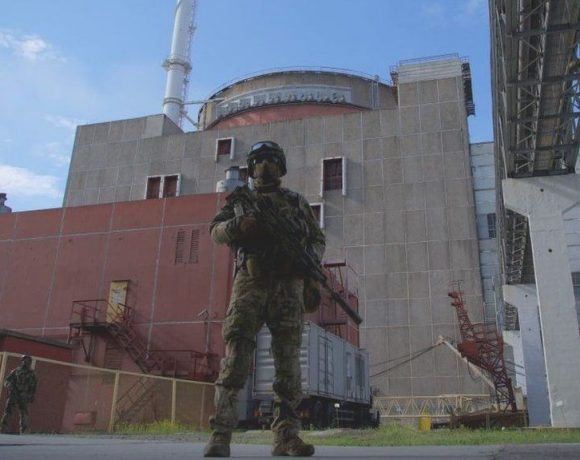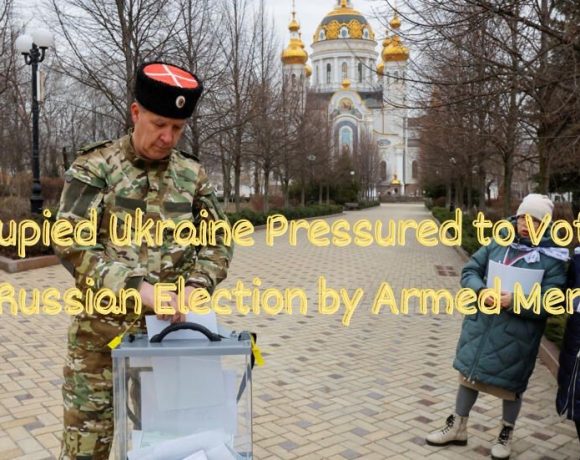
Moscow is orchestrating a significant effort urging residents in occupied parts of Ukraine to participate in Russia’s presidential election. The election, spanning three days for the first time, is being supplemented with early voting in regions under occupation, including Zaporizhzhia, Kherson, Donetsk, and Luhansk.
Reports indicate coercion tactics, with pro-Russian collaborators and armed soldiers visiting households with ballot boxes to encourage voting. While Vladimir Putin’s victory seems assured, a high turnout would bolster Kremlin’s legitimacy and potentially justify Russia’s invasion of Ukraine.
Residents are pressured through various means, including home visits by electoral representatives accompanied by armed individuals, data collection, and filming. Despite resistance and attacks on election organizers, Moscow continues to promote the vote as an endorsement of Putin’s leadership, using symbols associated with the Ukraine conflict.
However, critics denounce the process as undemocratic and farcical, citing intimidation tactics, forced participation, and the absence of genuine opposition. Many residents, fearful of repercussions, reluctantly comply with the orchestrated election process.
Picture Courtesy: Google/images are subject to copyright

